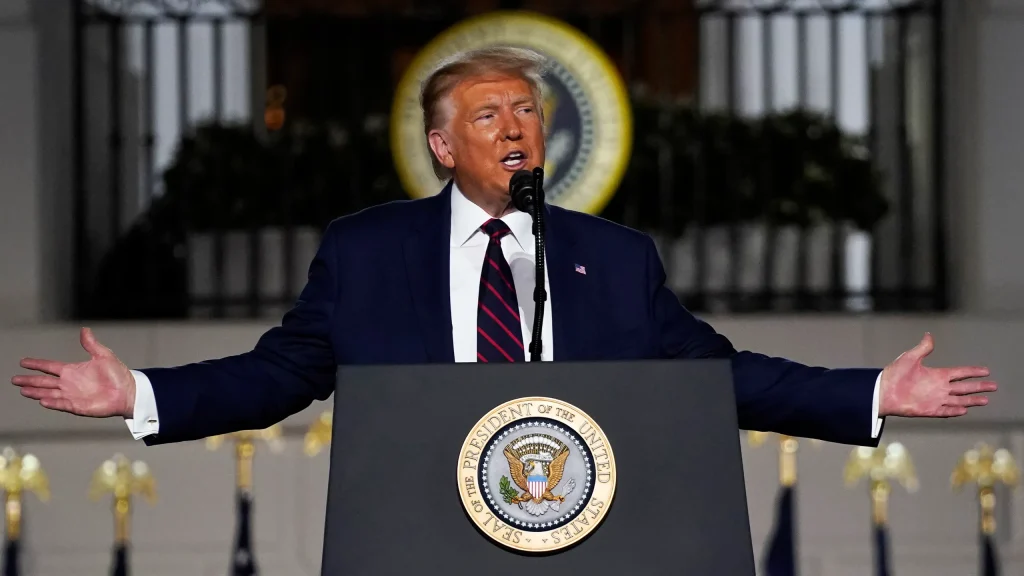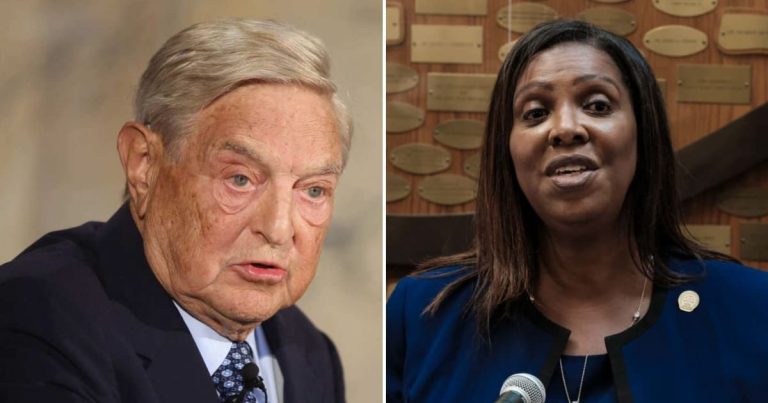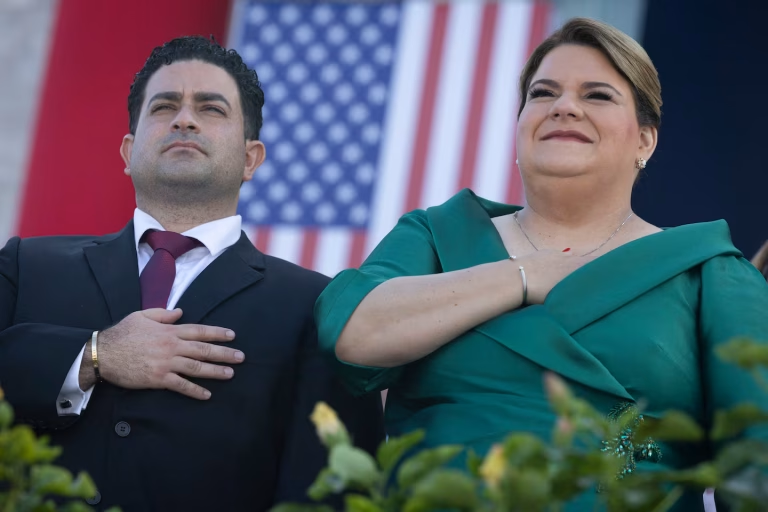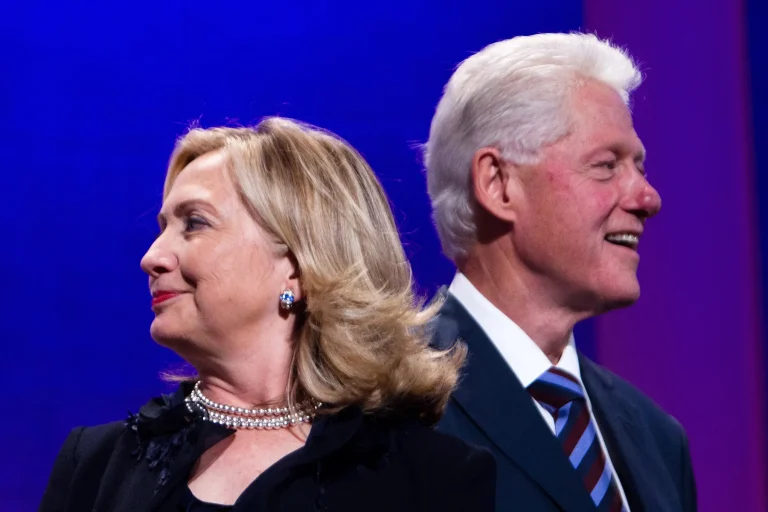
The Trump administration has issued new rules that could make it harder for some foreigners to obtain U.S. visas.
A State Department cable, obtained by the Associated Press, instructs consular officers to carefully review applicants’ health and finances.
The new guidance emphasizes whether applicants might rely on government assistance after arriving in the United States.
These rules expand the long-standing “public charge” standard. This policy allows officials to deny entry to immigrants likely to depend on public benefits.
Experts warn the changes could significantly reduce the number of people who can legally enter the country.
Immigration specialists say the guidance could disproportionately affect older adults, low-income individuals, and applicants with chronic medical conditions.
Health Considerations
Previously, immigrant applicants were screened for communicable diseases and required to show proof of vaccinations.
The new rules expand these requirements to include chronic health issues, such as obesity, high blood pressure, diabetes, cardiovascular problems, neurological disorders, and mental health conditions.
The directive notes that some conditions could require long-term medical care costing hundreds of thousands of dollars.
Visa officers may also evaluate English proficiency through interviews, adding another measure of applicants’ ability to support themselves.
Financial Evaluations

Consular officers will also review financial stability more closely.
Applicants may need to provide bank statements, investments, retirement accounts, and other proof of assets.
The aim is to ensure applicants can support themselves without relying on government assistance.
Advocates warn the policy may impact families in the U.S. who wish to bring relatives to visit or live with them.
Adriana Cadena of Protecting Immigrant Families said the rules could create confusion and discourage eligible families from seeking benefits.
Greater Officer Discretion
Visa officers already hold broad authority over approvals and denials.
The new directive encourages them to consider the totality of circumstances, making denial more likely.
Immigration attorney Steven Heller said the policy shifts decision-making from favoring applicants to looking for reasons to deny visas.
Officials say the rules primarily affect immigrant visas and not short-term visitor visas, such as B-2 tourist visas.
However, experts caution that the changes could significantly narrow immigration opportunities and create uncertainty for many families.


